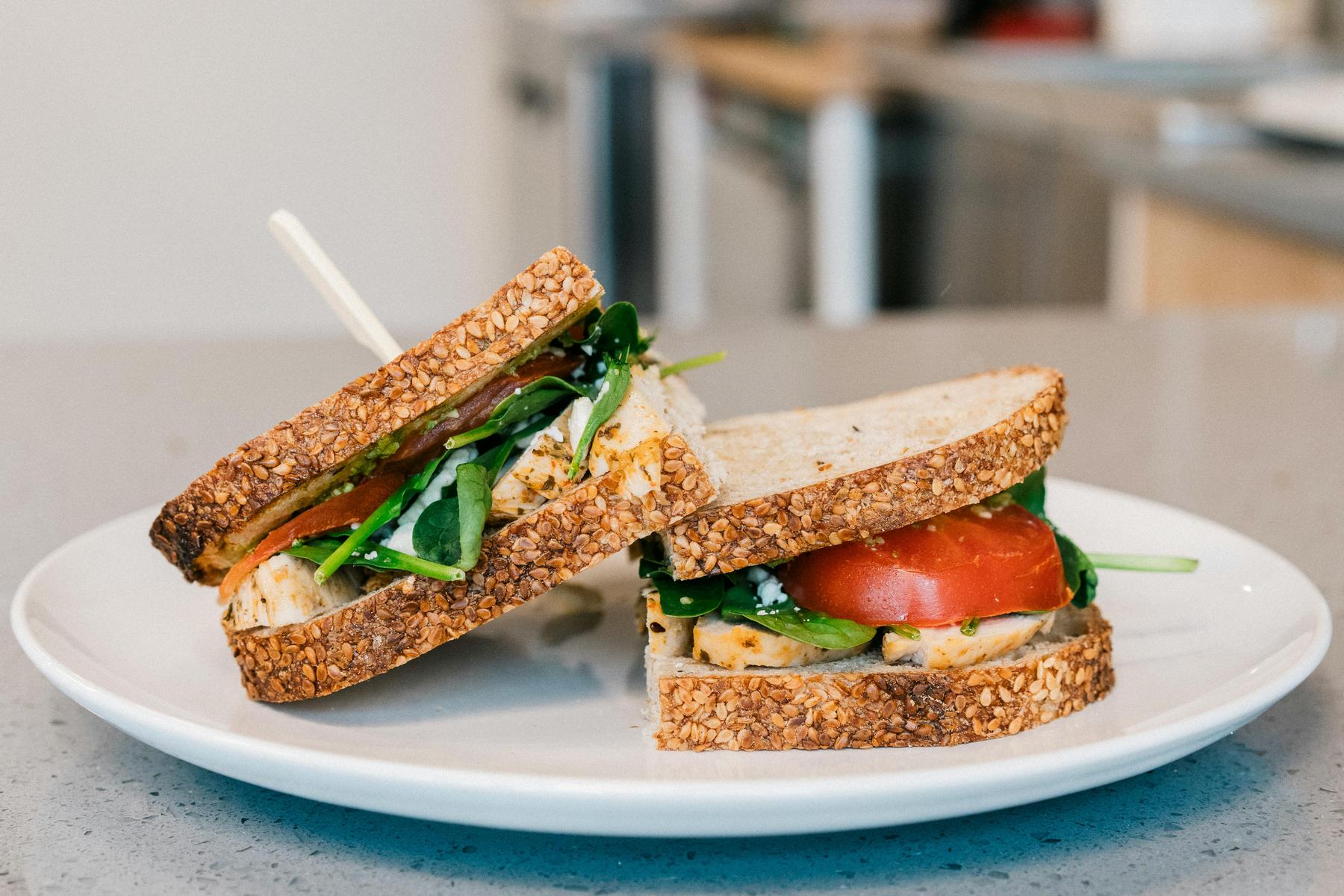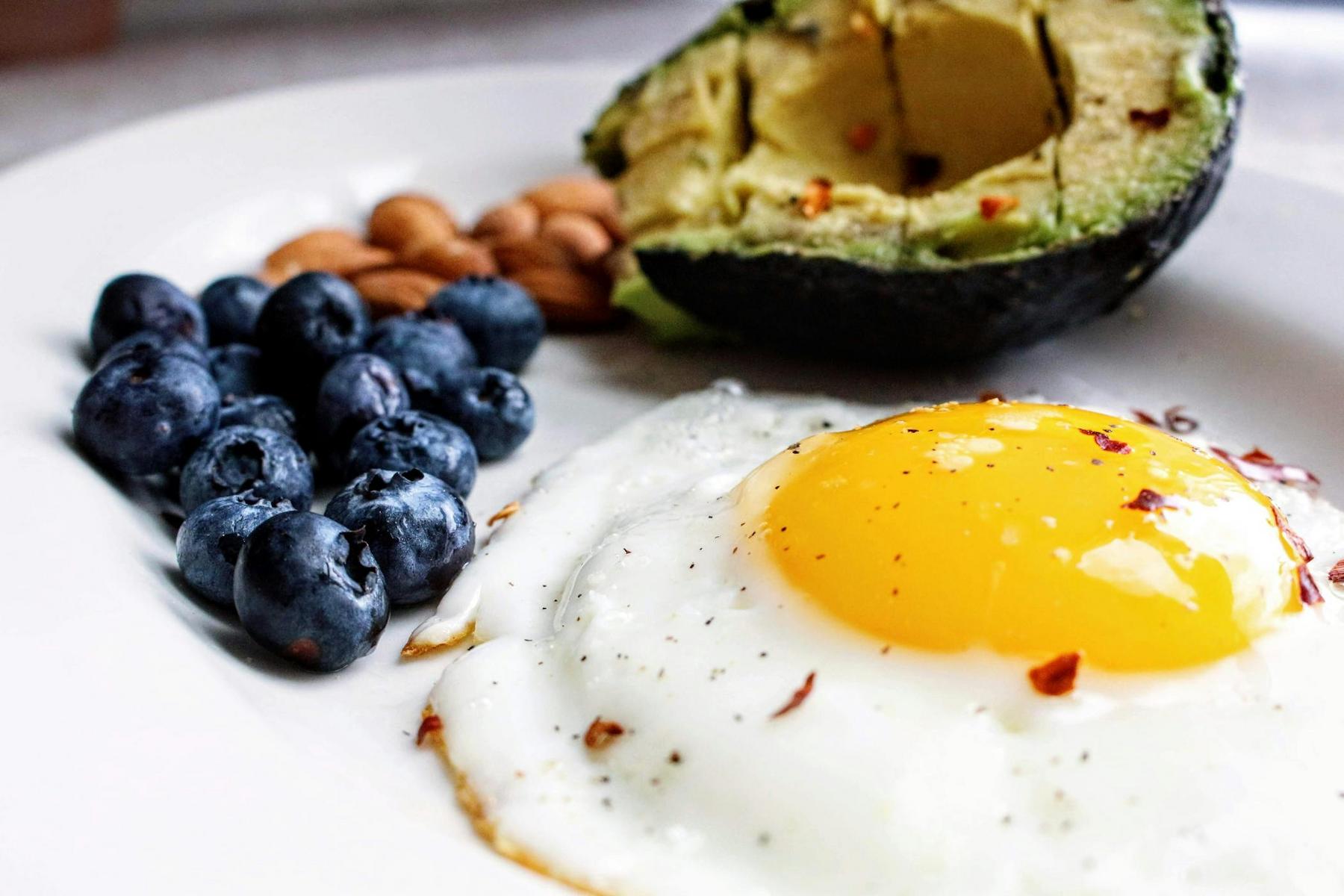Breaking the emotional connection between rewards and food is one of the most challenging aspects of sustainable weight loss. Many of us have been conditioned since childhood to associate celebrations, accomplishments, and comfort with edible treats. Yet this habit can create a problematic cycle—working hard to lose weight only to potentially sabotage progress with food-based rewards. The good news? Research shows that strategically replacing food rewards with meaningful alternatives not only preserves your weight loss progress but can actually enhance your motivation and success rate in the long term.
In this comprehensive guide, we’ll explore evidence-based approaches to rewarding yourself without reaching for calorie-dense treats, helping you create a sustainable reward system that aligns with your health goals.
Why Do We Need Alternatives to Food Rewards During Weight Loss?
The brain’s reward pathway is intricately connected to our eating habits. When we consistently use food as a reward, we strengthen neural pathways that reinforce this association, making it increasingly difficult to break the cycle. This is particularly problematic during weight loss, where caloric restriction requires careful management.
“The psychological connection between achievement and food rewards creates a counterproductive cycle during weight loss efforts,” explains behavioural science. “By establishing alternative reward systems, individuals can maintain their motivation while avoiding the sabotage of their health goals.”
Research demonstrates that those who successfully transition to non-food rewards experience several key benefits:
- Reduced instances of emotional eating
- Greater consistency in maintaining caloric targets
- Enhanced ability to distinguish between genuine hunger and reward-seeking behaviour
- Improved long-term weight management outcomes
The challenge lies in finding rewards that provide similar satisfaction while supporting rather than undermining your weight loss journey.
What Are the Psychological Benefits of Non-Food Rewards?
The psychological advantages of implementing non-food rewards during weight loss extend far beyond mere calorie control. Evidence-based research highlights three primary mechanisms through which alternative rewards support sustainable weight management:
Reduction in hedonic hunger: By decoupling achievements from food, you gradually reduce cravings driven by pleasure rather than physiological need. This directly addresses one of the most challenging aspects of weight management—dealing with hunger that isn’t related to actual nutritional requirements.
Enhanced habit reinforcement: Non-food rewards activate dopamine-driven behaviour loops that strengthen positive habits. When you consistently pair healthy behaviours with meaningful rewards, you create neural pathways that make these actions increasingly automatic over time.
Improved emotional regulation: Alternative rewards provide healthy outlets for managing stress, celebrating achievements, and processing emotions without caloric consequences. This addresses the common pattern of using food to manage emotional states, which often undermines weight loss efforts.
These psychological benefits create a foundation for sustainable behaviour change rather than temporary fixes, aligning with the principles of modern weight management approaches that prioritise long-term habit formation over quick results.
Which Budget-Friendly Reward Options Can Replace Food Treats?
Creating an effective non-food reward system doesn’t require significant financial investment. In fact, some of the most psychologically satisfying rewards cost little to nothing:
No-Cost Reward Options
- Mindfulness activities: Schedule dedicated time for meditation sessions or relaxing nature walks, which research shows can reduce stress-related eating urges.
- DIY self-care treatments: Create home spa experiences with bubble baths, face masks using household ingredients, or dedicated relaxation time.
- Visual progress documentation: Take weekly progress photos to create tangible evidence of non-scale victories, reinforcing your achievements.
- Digital “achievement unlocked” systems: Create personal milestone charts where you can visually track accomplishments and progress.
Affordable Rewards (Under $50)
- Fitness accessories: Small items like resistance bands, water bottles, or workout gloves that enhance your fitness journey.
- Wellness app subscriptions: Invest in mindfulness or fitness apps that provide structured guidance and progress tracking.
- Charitable connections: Set up a system where you donate a small amount (e.g., $1 per kilogram lost) to meaningful causes, creating additional purpose behind your progress.
- Digital content: Purchase books, music, or films that support your wellness journey and provide entertainment without food associations.
The effectiveness of these rewards isn’t determined by their cost but by their personal significance and alignment with your values. When selecting budget-friendly options, prioritise those that create lasting positive experiences rather than temporary satisfaction.
How Can Experiences and Activities Serve as Effective Weight Loss Rewards?
Experiential rewards often provide deeper satisfaction than material items, making them particularly valuable alternatives to food-based treats. The following table outlines evidence-supported categories of experiential rewards with specific examples:
| Category | Examples | Psychological Benefits |
|---|---|---|
| Adventure & Exploration | Hiking trips, surfing lessons, kayaking excursions | Builds confidence, creates positive associations with physical activity, promotes body appreciation |
| Wellness & Self-Care | Massage therapy, float sessions, professional facials | Reduces stress hormones, enhances body awareness, promotes relaxation without food |
| Skill Development | Cooking healthy meals classes, art workshops, dance lessons | Creates new neural pathways, builds identity beyond food, provides flow states |
| Social Connection | Concert tickets, weekend getaways with friends, joining clubs | Strengthens support networks, creates memories, provides emotional fulfillment |
| Achievement-Based | Purchasing new clothes at milestone weights, professional photos | Reinforces progress, creates tangible evidence of success, builds confidence |
Structured programs incorporating these experiential rewards alongside telehealth coaching show significantly better outcomes than traditional approaches. Data indicates that participants in programs using behavioural incentives and experiential rewards achieve greater weight reduction than those using conventional methods alone.
The key to maximising the effectiveness of experiential rewards is personalisation—selecting experiences that align with your specific interests, values, and aspirations rather than generic rewards.
How Do You Create a Structured Non-Food Reward System?
Developing a systematic approach to non-food rewards significantly enhances their effectiveness. The following framework, based on behavioural science principles, provides a structured method for implementing rewards:
- Link rewards to specific behaviours rather than outcomesFocus rewards on actions within your control (completing workouts, meal prepping, drinking adequate water) rather than solely on scale-based results. This approach maintains motivation even during plateaus or slower progress periods.
- Establish a tiered reward structureCreate different levels of rewards for various achievement milestones:
- Small daily/weekly rewards for consistent healthy behaviours
- Moderate rewards for monthly progress or habit formation
- Significant rewards for major milestones (e.g., reaching 5% body weight reduction)
- Schedule “guilt-free zones” for mental restorationDesignate specific times for rest and enjoyment activities without attaching them to achievements. These scheduled breaks prevent burnout and support sustainable progress.
- Document your reward systemCreate a visual tracker of both your behaviours and corresponding rewards. This reinforces the connection between actions and positive consequences while providing accountability.
- Involve your support networkShare your reward system with trusted individuals who can help celebrate achievements and provide accountability. Social recognition often amplifies the satisfaction derived from non-food rewards.
This structured approach transforms random treats into a comprehensive motivation system that strengthens the psychological foundations of sustainable weight management. Medical weight management platforms enhance these tactics through personalised milestone frameworks, combining clinical oversight with motivational psychology.
What Role Does Technology Play in Modern Reward Systems?
In 2025, technology provides powerful tools for enhancing non-food reward systems during weight loss. When properly leveraged, digital solutions can quantify progress, automate reward delivery, and strengthen motivation:
- Wearable fitness technology serves as both a motivation tool and reward mechanism. Devices that track metrics like steps, active minutes, and sleep quality provide objective data on progress while creating a built-in reward system through achievement notifications and milestone celebrations.
- Smart scales and body composition monitors offer detailed insights beyond simple weight measurements, allowing you to celebrate improvements in metrics like muscle mass, body fat percentage, and metabolic health—rewards that directly reflect your efforts.
- Mobile applications designed specifically for habit formation and behavioural change incorporate sophisticated reward systems based on psychological principles. These apps often include visual progress trackers, milestone celebrations, and community recognition features.
- Virtual reality experiences represent an emerging frontier in non-food rewards, offering immersive environments that can be unlocked or enhanced through progress. These experiences provide novel stimulation that activates reward pathways without caloric intake.
The integration of these technologies with telehealth services creates a comprehensive ecosystem for weight management. Australian telehealth platforms that combine clinical oversight with technological tools report significant improvements in patient outcomes, demonstrating the power of this integrated approach.
When selecting technology to support your non-food reward system, prioritise tools that provide personalised feedback, celebrate meaningful progress, and integrate seamlessly with your existing health routines.
Creating Sustainable Reward Patterns for Long-Term Success
The transition from food-based rewards to alternative systems represents more than a simple substitution—it constitutes a fundamental shift in how you relate to achievement, pleasure, and self-care. By implementing the evidence-based strategies outlined in this article, you establish patterns that support not just weight loss but comprehensive wellbeing.
The most successful approaches combine immediate gratification with long-term vision, creating rewards that simultaneously satisfy present desires while building toward future goals. This balanced perspective transforms weight management from a restrictive process into an expansive journey of personal growth and self-discovery.
Remember that your reward system should evolve alongside your progress. What motivates you initially may differ from what sustains your motivation months into your journey. Regular reassessment and refinement of your reward strategies ensure continued alignment with your changing needs and preferences.
By prioritising rewards that nurture physical and mental wellbeing, you create sustainable positive feedback loops—a cornerstone of maintained weight loss and overall health improvement.
How often should I reward myself during my weight loss journey?
Research suggests a balanced approach with three tiers of rewards: small daily or weekly acknowledgments for consistent healthy behaviours, moderate rewards for monthly achievements, and significant rewards for major milestones like reaching 5% or 10% weight reduction. Personalize your reward schedule to match your motivation patterns.
Can non-food rewards really provide the same satisfaction as eating treats?
Neurological studies demonstrate that non-food rewards can activate the same dopamine pathways as food rewards when properly implemented. While the transition requires conscious effort to retrain neural connections, many report experiencing comparable or even greater satisfaction from alternative rewards after a few weeks.
What if I have limited financial resources for rewards?
Many of the most effective non-food rewards require minimal or no financial investment. Experiential rewards like nature walks, meditation sessions, or social activities can be highly effective and offer substantial psychological benefits without the need for costly purchases.
How can I identify which non-food rewards will work best for me?
Start by reflecting on activities that have brought you joy in the past. Consider your values, interests, and aspirations beyond food. Experiment with different types of rewards—such as physical activities, creative pursuits, or social engagements—and observe which ones provide the strongest positive reinforcement for your health goals.
Should rewards be planned in advance or spontaneous?
A combination approach tends to work best. Pre-planned rewards tied to specific milestones provide clear targets and motivation, while occasional spontaneous rewards can enhance dopamine response. The key is to ensure that spontaneous rewards complement rather than undermine your structured reward system.



